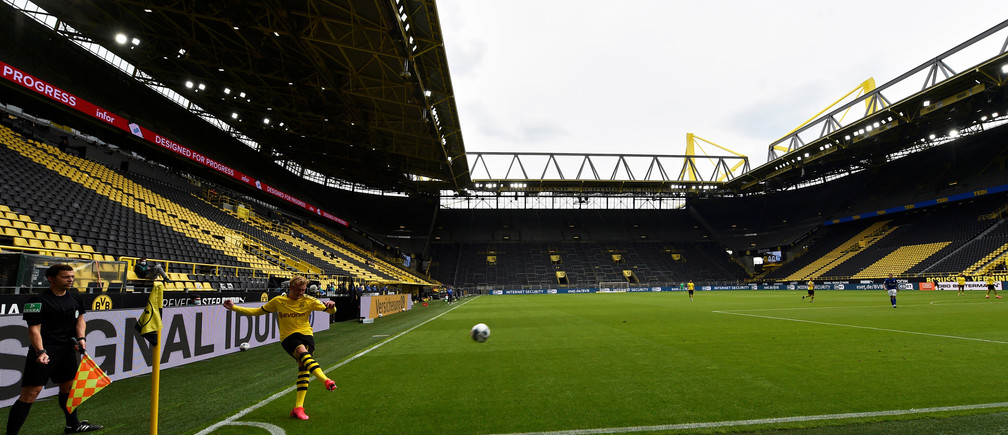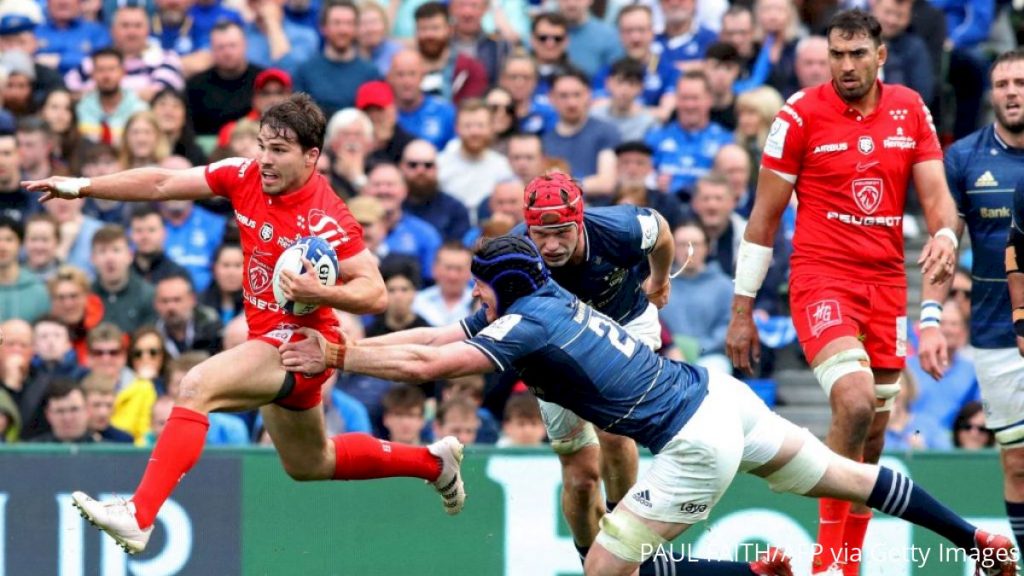R500 returned me R1475 on the call that seventh place Hoffenheim would travel to 15th placed Mainz and knock them over. The 1-0 result to the visitors was obviously a great turnout for me, but it was yet another result since the return of the Bundesliga that pointed to the dissolution of home ground advantage.
Since the German league returned behind closed doors, 33 matches have been played, of which only seven of the home games have been won. This leaves the home ground winning percentage in the last two weeks at just 21%, standing in stark contrast to the half season average of 40%.
DW.com spoke in a recent piece about the effect that this lack of home ground advantage will be having on the smaller, weaker sides, who battle it out for relegation and questioned the fairness of the “Geisterspiele” (ghost games). “Werder Bremen, who are battling against relegation, still have to host Bayern, with their chances of victory seemingly further reduced by the absence of fans. While we will never know what the outcome of these games would have been with home teams pushing them on, the statistics suggest a disadvantage.” They also detailed the unfairness in relegation rivals having had the opportunity earlier in the season to take advantage of home fans and grounds, referencing Eintracht Frankfurt and Mainz: “…and teams at the bottom of the table hosting teams at the top — see RB Leipzig’s thrashing of Mainz for example — could be seen as unfair on Mainz, whose relegation rivals have already had the chance to play Leipzig at home with fans present and, in Eintracht Frankfurt’s case, beaten them.”
While this is of course a problem for the teams within the league, it’s a problem too for us bettors and our own league, so to speak. So much that goes into a betting preview surrounds home ground advantage, comparative form guides and home/away form. With home ground advantage dissolving, the result is a slightly skewed form guide and thus far more unpredictable match ups.
This is not just on a win/loss front either. Other betting markets are affected too. Take goals for example. Sportlife.com wrote a detailed stats analysis pre-matchday 29. Bundesliga games were averaging 3.25 goals per game, pre-Covid-19 but have since dropped to 3.1. It may seem like a small increment, but betting is a game determined by margins. Further emphasising the home/away change that has arisen, is the climb of away goals from 1.5 pre-Covid to 1.81 in empty stadiums. On the other end of the spectrum, the home goals have dropped from an average of 1.75 to just 1.30. *note that the statistics in this paragraph are pre matchday 29
So while we were all itching for live sport to return and gift us both viewing and betting pleasure, we have instead been granted the eeriness of empty stadium echoes when watching, and unpredictable, disconcerting betting markets when wagering. I have only placed two Bundesliga bets, winning and losing one each since it returned two weeks ago. I’d be lying if I said I felt fully confident in form guides or expectations for the season at the moment, and perhaps a new approach needs to be taken to wagering on matches that resemble, in atmosphere, training runs more than top-flight clashes. Maybe a definitive new trend will emerge in the empty stadiums around Germany, and we’ll be able to adjust our predictions accordingly, but the responsible thing to do from a betting perspective is probably to give it a little bit more time.
MoneyMan















